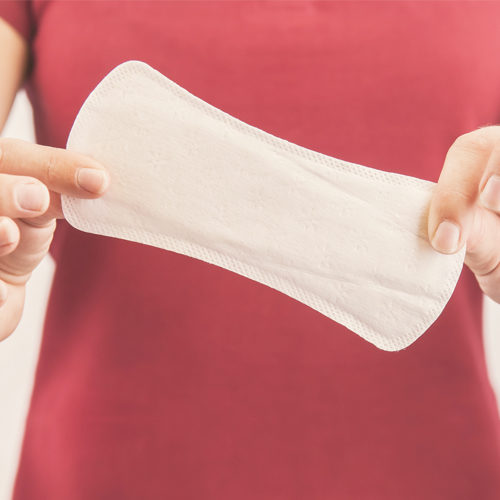First period after childbirth

Pregnancy is the time mothers can be carefree about their menstruation cycles, as periods would resume after giving birth
The exact timing of the first period varies from woman to woman and depends on the regularity of breastfeeding.
How is breastfeeding related to your period?
The point of your first period’s arrival postpartum depends on whether you decide to breastfeed Your Child:
- For mothers who do not breastfeed your first period could arrive as early as 6 weeks to 3 months postpartum.
- For mothers who breastfeed your period is likely to arrive after 3 months, or in some cases, after you stop breastfeeding. This is because prolactin, the breast milk-producing hormone, can inhibit ovulation.
What happens when you stop breastfeeding?
Most mothers who regularly breastfeed will likely get their first period after their child turns 6 months old. This is because most 6-month-old babies are able to eat solid foods and will take less breast milk, resulting in a fewer quantity of prolactin being produced. However, it isn’t unusual for breastfeeding mothers to get the first period before 6 months postpartum either, even before they’re done breastfeeding. Statistically, this phenomenon happens to 1-5% of breastfeeding mothers.
Characteristics of the postpartum period
There are no specific characteristics on how your first postpartum period should look like. It is normal to have periods that are lighter, heavier, shorter, or longer than usual. However, expect some irregularity, as this is a common effect from the hormones released during pregnancy. This should not be a cause for concern, since your body will gradually readjust and your cycles will be regular again over time.
Can you get pregnant from having sex before your first postpartum period?
Many mothers think that breastfeeding is a form of contraception. But ovulation cannot be controlled – some mothers ovulate as quickly as 2 days after stopping breastfeeding. This means that it is possible for you to get pregnant before you have your postpartum period. If you aren’t ready to have another child, it is important to use protection while having postpartum sex!
Verified:
Dr. Piyawut Kreetapirom, MD. license no. 41578 (31 March 2021)



